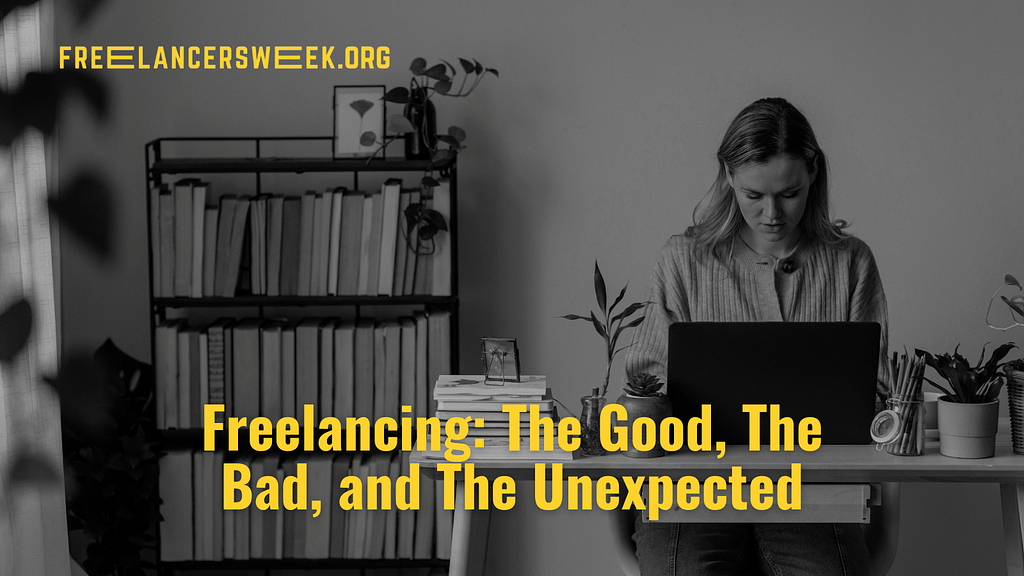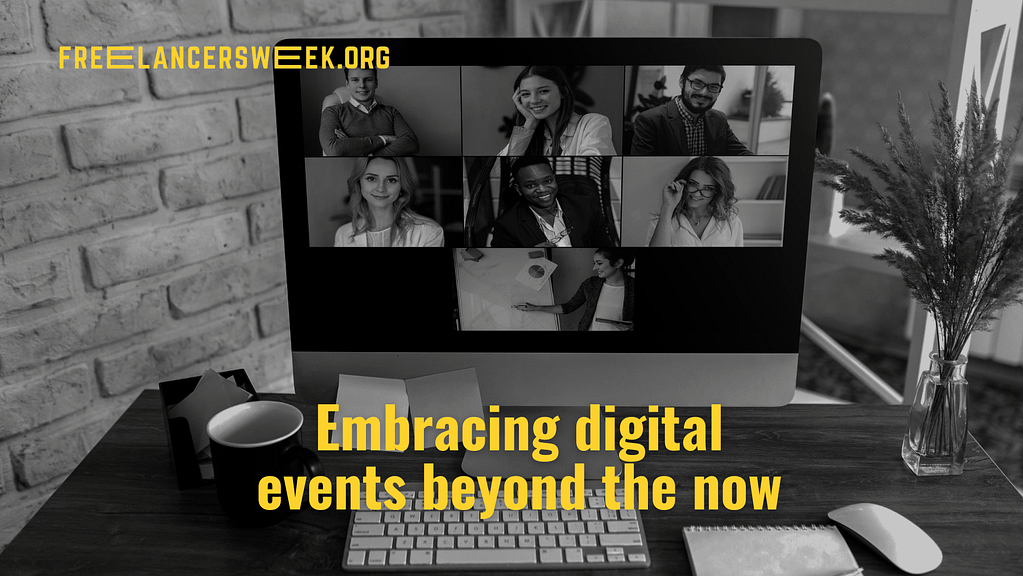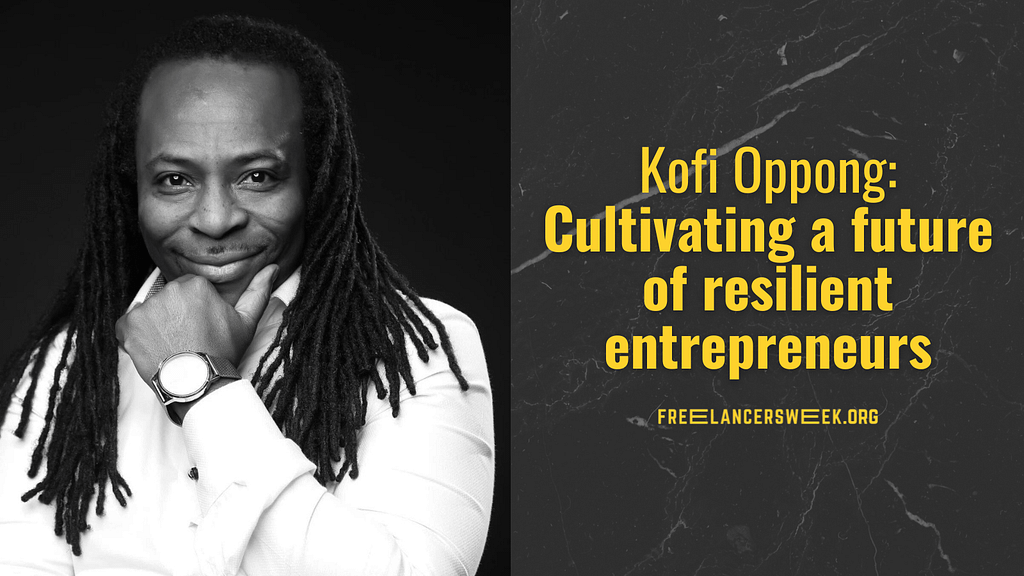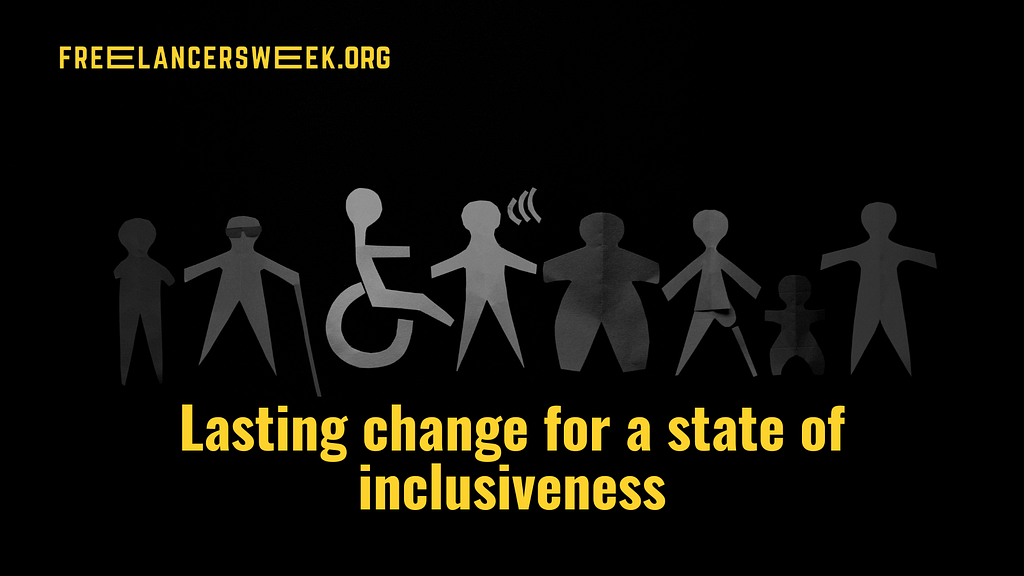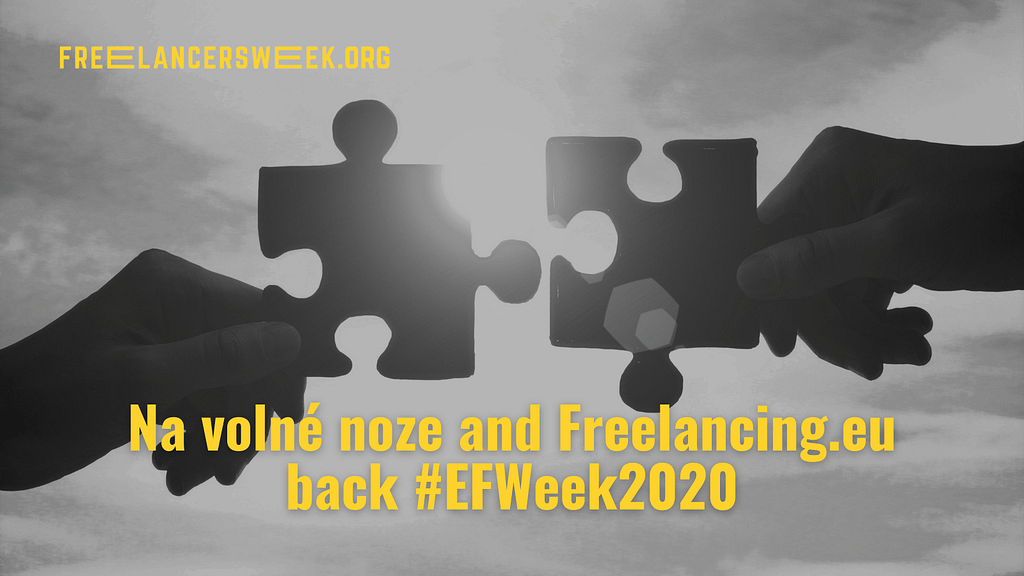Change seems to have been the only constant over the past two years, and the workplace has been impacted immensely by this evolution. The ‘Great Resignation’ has led to millions of employees in America and Europe choosing to leave their jobs for many reasons, but for many due to a deterioration in work-life balance.
This has led to an large influx of freelancers, as former full-time employees recognise the opportunity to stay in the workplace while achieving more balance.
To assist the European freelance economy with networking and knowledge sharing, the European Freelancers Week was created in 2016 and is now a successful annual series of crowdsourced events.
For those who are hoping to enter the ‘freelancer’ world, here is our guide to the good, the bad, and the unexpected aspects of working on a freelance basis.
The Good
Independence
A sought-after joy of freelancing is the new-found independence and freedom that comes with being your own boss- You no longer need to partake in office politics, or head off in the morning to ‘the office’.
You can work in the clothing and environment that is most comfortable for you, and you have the freedom to change it when it no longer works for you- you can choose to work in a coworking space, from home and sometimes from your favourite coffee shop.
As a freelancer you have control of how your business operates- in terms of marketing, technology, and clients, you are in full control and don’t need to put up with solutions put in place by an organisation.
Flexibility
The flexibility of being a freelancer provides applies not only to your working hours, but also to choosing who your clients will be.
Your working hours don’t have to be in line with those of regular employees and can be moulded around your lifestyle. With this flexibility, you can choose to upskill yourself for potential work you would like to take on.
While having independence and flexibility are incredible, there are also of course some downsides and unexpected challenges you may face as a freelancer.
The Bad
Some of the challenges you may experience when first starting a career in freelancing may seem insurmountable, but with time and experience, they become easier to navigate and overcome.
Isolation
While feelings of loneliness cannot be entirely attributed to the pandemic, many people have battled with feeling isolated. As a freelancer, the nature of your work means that you often work alone- while you can find yourself becoming close to project teams, once work has been completed, you may miss the team dynamic.
Being your own boss
Although being your own boss sounds amazing, making all the decisions can be daunting.
You are entirely responsible for creating your income and doing your self-employment taxes too. Additionally, you need to find new clients, develop your business plan, determine which programmes or software to use, and run the monthly billing and collections.
This can be an overwhelming experience and time management is key- when you are starting out, it’s better to find a few clients to start with, and allow yourself enough time to find what works for you.
Although it may be hard at first, don’t be afraid to turn down work. It may seem tempting to take on everything offered, but if the contract doesn’t make financial sense, or has unrealistic deadlines, it’s better for both you and the client if you are able to refer them elsewhere.
The Unexpected
The European freelance market and legislation differ depending on which country you are working from. There are laws and regulations to be aware of per country.
Not every country in Europe has the same approach to freelancing and there are unfortunately some areas in Europe where there is no legislation has been put in place to protect the rights of freelancers.
Oftentimes, when new policies are being created for the workplace, they do not take freelancers into account -this means that we have little protection from being exploited by larger companies.
It’s because of this that the European Freelancers Week decided to create a Manifesto. Our hope is that this will show policy makers the gaps in legislation, and highlight the role of freelancers in the European economy.
Sign the Manifesto and let your voice be heard!

